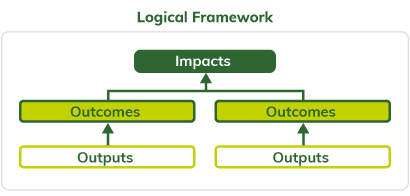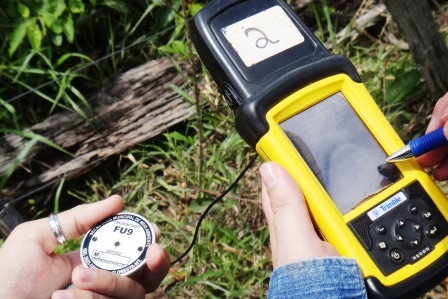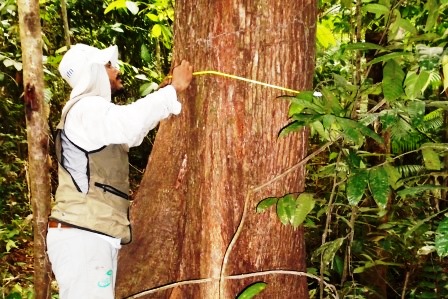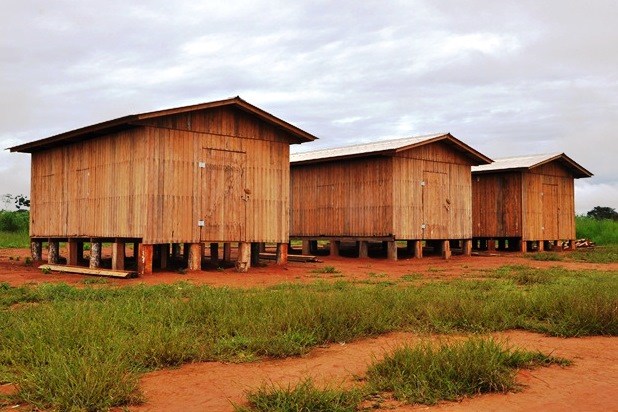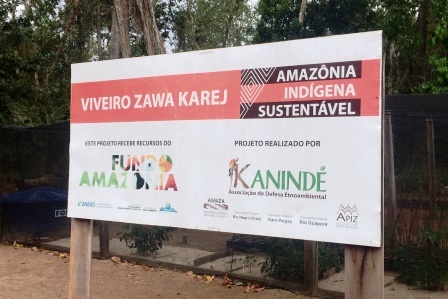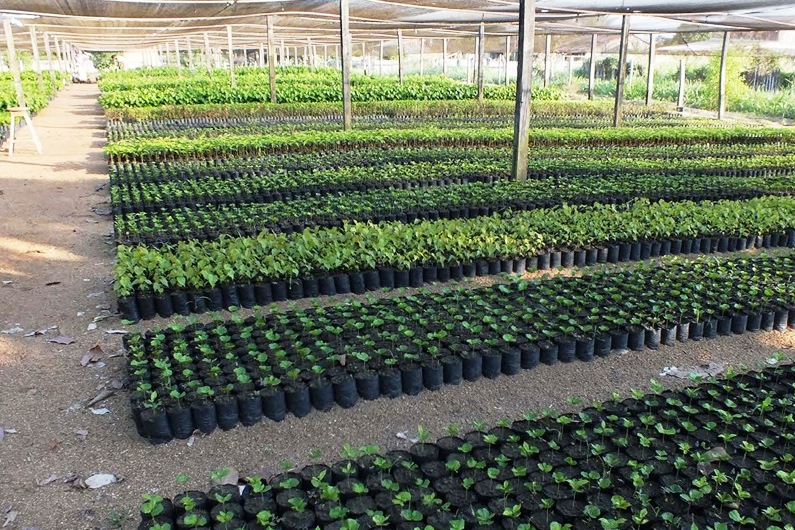ACTIVITIES CONDUCTED
To implement the project, a technical cooperation agreement was signed between the State Superintendence of the Environment (Semace) and the Agrarian Development Institute of Ceará (Idace), aiming at carrying out joint actions for the Rural Environmental Registry (CAR) of properties up to four fiscal modules in the 182 municipalities of the state of Ceará covered by the project.
A total of 145,206 properties up to four fiscal modules were registered in SICAR, covering an area of 1,908,464.5 hectares. It is worth noting that the registration rate varies across municipalities, with percentages ranging from 12% to 100%. This variation is due to factors such as resistance to declaring environmental liabilities, restrictions on the use of legal reserves, the possibility of further deadline extensions, and the registration process being conducted privately. During the registration process carried out by the contracted companies, Semace, through the Project Management Unit – CAR (UGP/CAR), adopts verification procedures and requests adjustments to the registrations to ensure compliance with the law and to guarantee the quality of the product delivered by the company.
The action strategy adopted by the project is implemented through 11 fixed bases located in municipalities that serve as hubs in the planning regions of Ceará, and through itinerant services in the other municipalities. These service points operate in public buildings, labor union offices, and state and municipal public agencies. Trained professionals are available at these centers to conduct CAR registrations, and the necessary infrastructure, including furniture and informational materials such as banners and brochures, is provided.
Regarding the infrastructure for the implementation of CAR, six vehicles were purchased. These vehicles are used for monitoring and inspecting the services provided by the contracted company and supporting mobilization efforts and engagement with family farmers to provide guidance on CAR and the importance of the project.
Technological support equipment, such as uninterruptible power supplies (UPS) and GPS devices with integrated digital cameras, were acquired, as well as IT equipment such as desktop computers and laptops.
It is also worth noting the preparation of a draft Terms of Reference for the acquisition of dynamic analysis supplies, including the purchase of images with adequate resolution, with the approval of the SFB (Brazilian Forest Service) regarding technical requirements.
The communication strategy is based on direct community engagement, local radio programs, lectures, and the distribution of educational materials. Heat maps provided by the contracted company, which identify areas with a high density of registrations and low adherence, enable the targeted execution of the specified actions.
A total of 132,200 brochures were distributed to rural property owners with up to four fiscal modules and local agents, and one institutional leveling seminar and twelve regional mobilization seminars were held in eleven municipalities.
Regarding the communication plan, a Decentralized Budget Credit Transfer Agreement (TDCO) was signed with the Governor's Office to contract services for the preparation of communication materials to support the project’s implementation. All materials were produced and delivered to Semace, including banners, badges, posters, brochures, and calendars.


